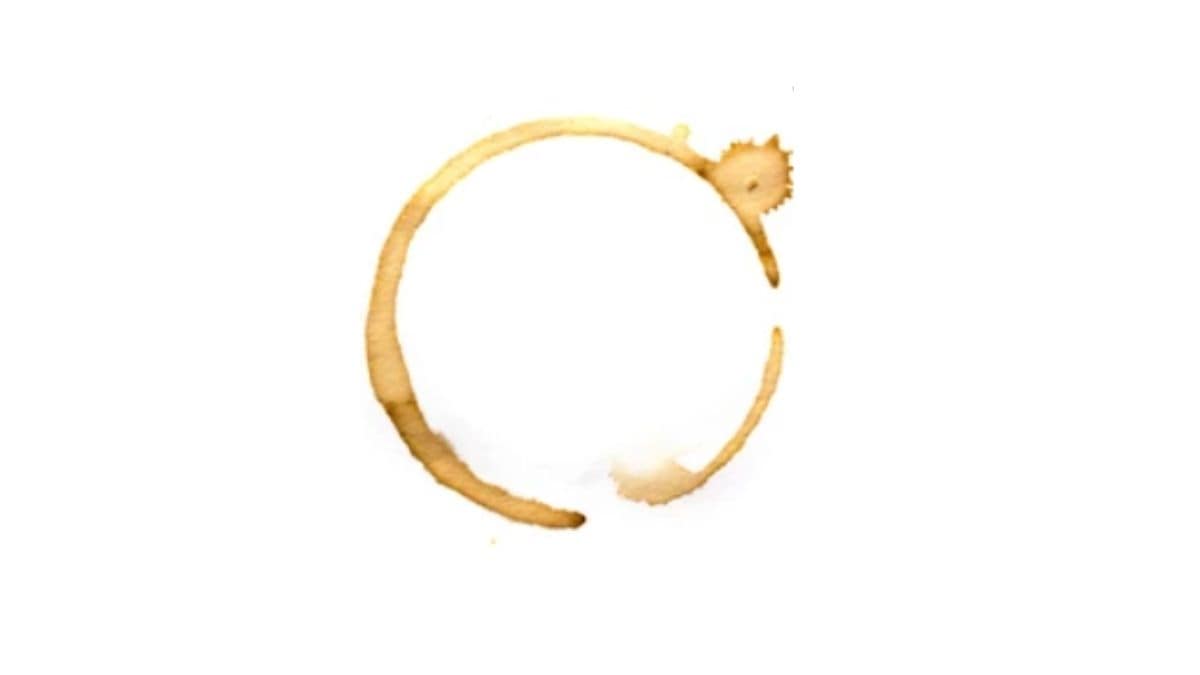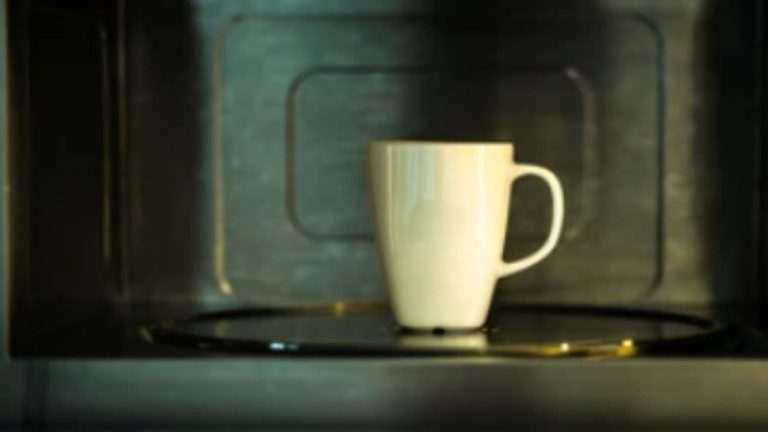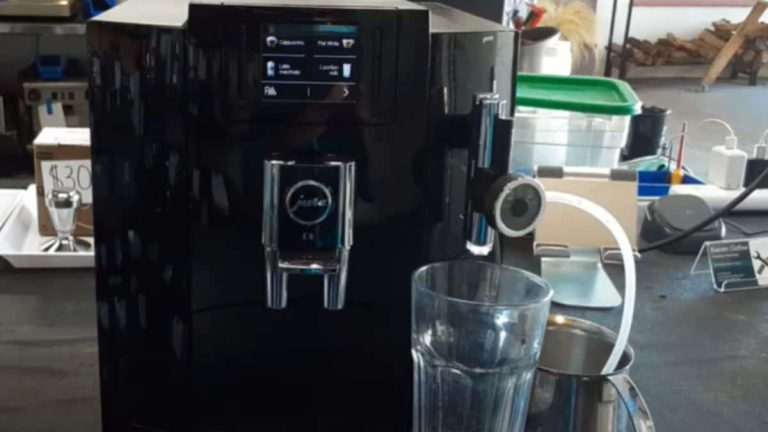How To Prevent Coffee Stains
Coffee is one of the most popular drinks in the world and it has a number of different uses. As a beverage and as an ingredient, coffee is appreciated by millions of people every day and there are thousands of different blends that can be found at local cafes and coffee shops.
Everyone loves their morning cup of coffee. It tastes good, makes you feel energetic and keeps you going throughout the day. But did you also know that it can stain your teeth? Yes, that’s right! This is something that many people aren’t aware of. What can be done? Everyone has their own methods for avoiding coffee stains on their teeth. Some people brush right after they drink coffee, some people brush after eating food, and some people never brush.
Is Coffee Acidic?
Table of Contents
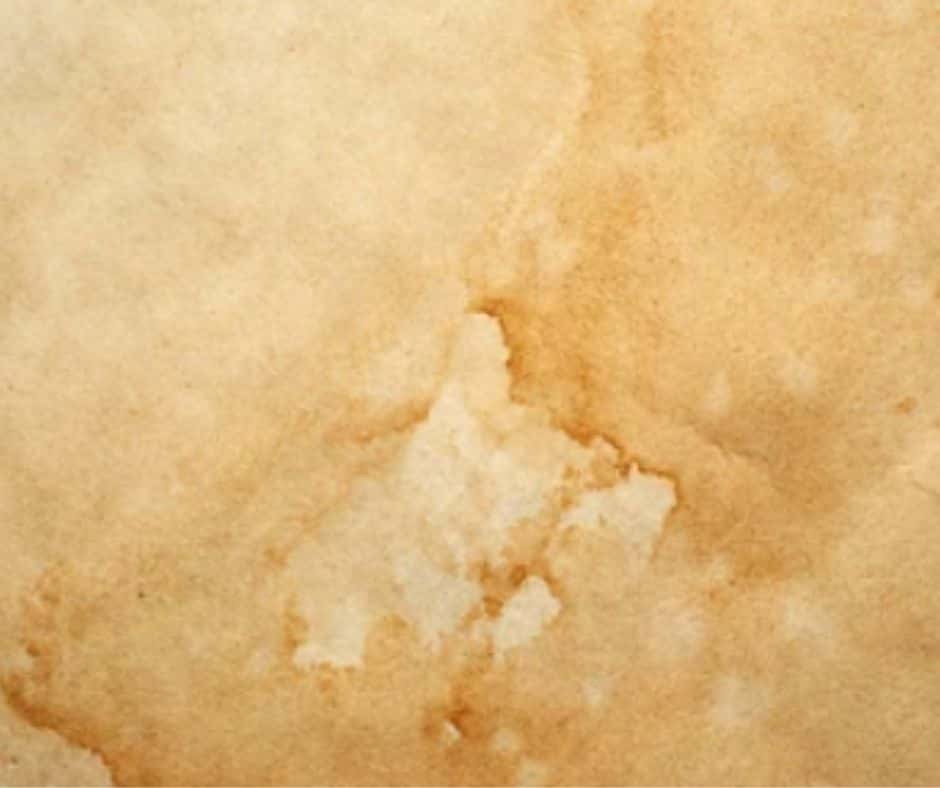
Coffee is a beverage made from the roasted seeds of berries from tropical evergreen shrubs. This drink is also known for its bitter taste that comes from caffeine and other alkaloids. The flavor of coffee is actually considered astringent because of its tannins content. It may also produce a sensation of bitterness on the tongue, but it still contains essential elements like potassium and magnesium. The Human Anatomy says that coffee is acidic because it has a pH level between 5 and 6.
Why do stains form on our teeth?
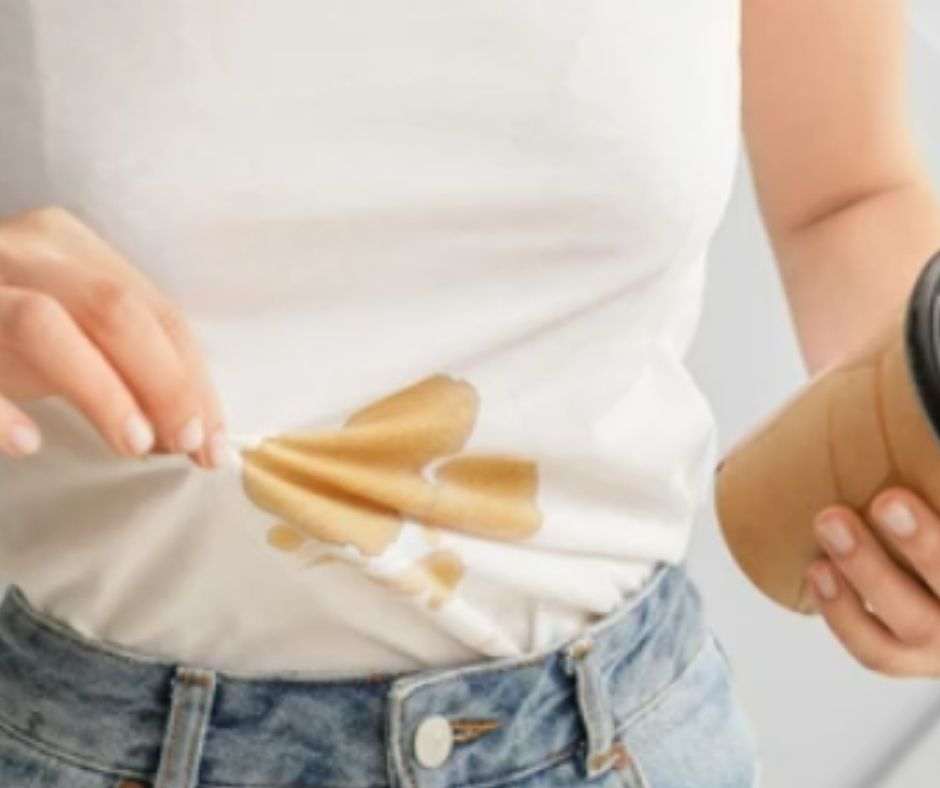
Tooth enamel is the hard outer layer of our teeth. It protects the soft inner parts of the tooth by forming a barrier between them and the outside world. The enamel is made up of several minerals, which give it its color and make it strong enough to withstand normal chewing forces without being damaged. However, over time mineral-rich foods and drinks (like coffee or tea) can damage tooth enamel by demineralization. This process occurs when acid from beverages reacts with the calcium in the enamel, causing it to dissolve.
What does coffee have to do with my teeth stain?
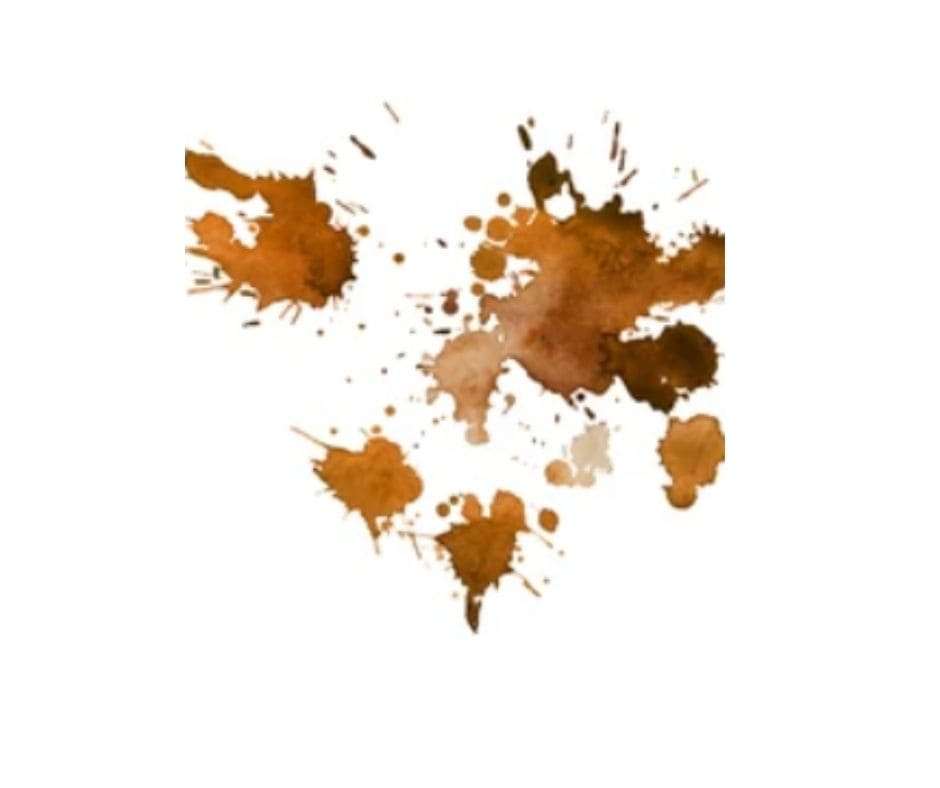
Teeth stain can be a problem for anyone who drinks coffee since the acid will eat through the enamel layer and make your teeth yellowish-brown or even black. This happens because when you consume food or beverages that are acidic or sweet, bacteria start
What is Tanin?
Tannin, a substance found naturally in tea leaves and some plants is in coffee as well. Tannin is what gives the tea its taste and brownish color, but it also causes tooth discoloration when it combines with other substances in the mouth like the natural enzyme pellicle on the surface of teeth or food particles. Tannin will react with these substances to form a chemical that has been shown to cause enamel erosion, which leads to tooth decay. Brushing within 60 minutes of drinking coffee can reduce the amount of tannin that sticks to your teeth.
Some dentists recommend brushing your teeth for 30 seconds after drinking coffee or up to an hour after eating something acidic like fruit juice or soda (depending on how long the acid stays on your teeth). The best way to prevent stains caused by tannin is not to drink beverages that contain tannins in them, but if those beverages are a part of your daily routine, brushing immediately afterward can reduce staining.
Type of coffee stain on the teeth
What is the most effective way to prevent coffee from staining teeth? Coffee stains teeth for many reasons. Not only does coffee contain a lot of tannins (a natural pigment), it also contains caffeine. The liquid can penetrate into the teeth and make the teeth more vulnerable to staining.
Tannins, a compound found in coffee and tea, can cause staining of the teeth if consumed frequently or in large amounts. Caffeine also causes staining, which is why most coffee and tea drinkers get stains on their teeth.
Tannin takes time to penetrate into teeth but it can do this even after drinking coffee. However, frequent consumption of coffee will cause longer exposure to tannin on your teeth.
Coffee can stain your teeth in two ways:
- Intrinsic staining:
This is caused by the tannin contained in coffee and tea. It is normally not removed by brushing or flossing, though these methods will help reduce the appearance of intrinsic staining.
- Extrinsic staining:
Extrinsic stains are caused by substances that adhere to teeth and are removable by daily cleansing and flossing. To prevent extrinsic staining, use a fluoride-containing toothpaste and drink through a straw to avoid direct contact of the beverage with your teeth.
In order to whiten your teeth, you need to get rid of the stains first by using a good whitening toothpaste or mouthwash. You should then rinse your mouth with water and then dip your toothbrush in some strong coffee and clean your teeth with the mixture in a circular motion.
How do you prevent coffee from staining?
Ask any coffee drinker, and they’ll likely tell you that coffee is the best drink in the world. After all, it wakes you up and keeps you going throughout your day. It also tastes great, especially when enjoyed with a little bit of cream and sugar.
What isn’t so great about coffee is how it can stain your teeth and leave its mark on your favorite mugs, clothes and other items. No one wants to spend their day looking down at a stained shirt or having people wonder what’s on their teeth. Trying to cut back on your coffee intake? This guide will show you how to prevent coffee from staining.
Treatment for coffee stains depends on the type of stain you have and the cause. Treatments for coffee stains vary from home remedies to professional treatments. Coffee staining can be removed with the correct treatment, in some cases, it is possible to get results at home, and in others, professional help is needed.
If you drink coffee often, you may find that your teeth become stained over time. This discoloration can be difficult to remove and may require professional treatment to achieve a good result.
This guide discusses how to prevent coffee from staining your teeth, how to remove surface stains that have already occurred, as well as more serious discolorations that have become embedded into the tooth enamel.
- Clean immediately
The most important thing you can do to prevent coffee from staining your teeth is to rinse your mouth out thoroughly after each sip. If you don’t have time for a full rinse, at least brush your teeth as soon as possible after drinking coffee. Chewing some sugarless gum can help increase saliva production and keep more of the stain from being absorbed into your teeth.
As for other items that may stain, there are a few things you can do. If you’re worried about your favorite mug, just don’t put hot liquid in it. Letting it cool down first will prevent most stains from occurring. Stains on clothing can be a bit more tricky because they tend to happen over an extended period of time.
- Use a straw
The best way to prevent coffee from staining the teeth is to use a straw while drinking coffee. This prevents the coffee from touching the front of the teeth, which stains easily. If you already have stains on your teeth, there are products on the market that can help. One brand is Crest Whitestrips, and it’s pretty effective. Drink lots of water and brush your teeth regularly to keep them clean.
Treatment options for coffee stains on teeth
Stains on teeth are a cause for concern, especially coffee stains. Some people wonder if coffee stains on teeth are permanent or not. They are also concerned if they should go to the dentist to have them removed. Let’s find out if coffee stains on teeth can be treated at home with proper dental care, or should you visit your dentist instead?
The first thing you need to know is that no matter how bad the stain is, it can be treated. In most cases the doctor will be able to provide you with a bleaching treatment that will get rid of the stain within two weeks.
There are many options available to remove coffee stains on your teeth. Some methods work better than others, so you need to choose one that works for your lifestyle and budget. One thing about all of the treatment options is that consistency is key. The best results are seen when you are consistent with the method that you choose to remove the coffee stains from your teeth.
Healthy eating habits combined with regular dental visits can also help to keep your teeth white and clean.
- Wash off
Your dentist will probably advise you to use whitening toothpaste and possibly a mouthwash that contains peroxide. This will help get rid of any bacteria in your mouth and prevent any new stains from forming; especially after meals or when you’re drinking coffee.
If the stain is already on your teeth, then there are some things you can do to help remove it.
One of the best ways to remove coffee stains is by using a special toothpaste that contains fluoride. Fluoride is a mineral that helps prevent tooth decay and cavities, which means it will also help remove coffee stains. You can find it in most toothpaste sold over-the-counter at your local grocery store.
- Baking soda and water solution
First of all you need to mix together some baking soda and hydrogen peroxide until you have a thick paste. Another option is to brush your teeth with a paste made from baking soda and hydrogen peroxide. Baking soda has been proven to be an effective natural teeth whitener, so this easy-to-make paste could help remove any coffee stains from your teeth. Just mix 1/2 teaspoon baking soda with 1/2 teaspoon hydrogen peroxide and apply this mixture to your teeth with a clean toothbrush. Leave on for two minutes before rinsing your mouth with warm water. Rinse thoroughly and repeat if necessary.
- Coconut oil
Apply a thin layer of coconut oil over the stained area using a soft cloth or cotton swab. Leave it on for 10-15 minutes before brushing it away with a toothbrush and rinsing thoroughly. Repeat daily until no more discolouration occurs, then at least once every other day for maintenance purposes.
- Fruits
You can also try using fruit as a natural teeth whitener. Rubbing strawberries or apples on your teeth and leaving them there for five minutes can help remove any lingering stains.
Does drinking coffee through a straw prevent staining?
Let’s get straight to the point – does use a straw helps prevent teeth from staining? The quick answer is yes, it does. But there’s a bit more to it than that.
Tannins in coffee give your teeth that familiar brownish color, and a lot of them are found in the skin of coffee beans. So when you drink coffee without a straw, those tannins end up on your teeth, causing them to darken.
Straws do help prevent this because they keep the liquid away from your teeth and mouth. However, if you already happen to have some sort of staining on your teeth then that stain will probably still be visible.
The good news is that while drinking through a straw may not remove any existing stains, it can prevent new ones from forming so it may be worth using one if you want to prevent premature aging of your teeth.
Should you brush your teeth after coffee?
We have all experienced that certain feeling after a cup of coffee: your mouth is dry and your breath can smell like coffee. In fact, the caffeine in the coffee will have settled in the mouth and on teeth for quite some time, causing that unpleasant stale breath.
For this reason, many people will brush their teeth after drinking coffee. However, there are several conflicting opinions regarding whether it is really necessary to brush your teeth after drinking coffee or not.
Brushing your teeth after drinking coffee isn’t necessary. If you want to do so anyway, make sure you wait at least 10 minutes before brushing as the enamel on your teeth is still soft and susceptible to being damaged by the toothbrush bristles. Also, try not to use too much force when brushing as this may cause damage to the gums as well.
However, if you don’t want to wait 10 minutes or if you just feel that your mouth needs a good cleanse right after drinking a cup of coffee, then simply rinse with water instead of brushing with toothpaste or other products. The caffeine and other substances contained in your mouth will be rinsed away, which is more than what happens when you brush without toothpaste, but without risking damage to the enamels of your teeth.
Brushing after coffee might actually be the secret to a healthy smile. That’s because substances in coffee can eat away at tooth enamel and cause dark stains called dental caries. Brushing your teeth immediately after drinking coffee can help stop this process.
Does milk affect stains?
It is a common belief that milk can help remove stains from the teeth. But is that really true? Does milk prevent teeth stain? What purpose does milk serve in coffee? Does milk in coffee prevent teeth from staining?
It is a popular myth that drinking milk after eating acidic food or drinks like coffee or tea will help remove any stains left behind on your teeth. This is because it is believed that calcium in milk binds with acids remaining on the tooth’s surface from prior consumption of coffee or tea, thereby neutralizing their effects. However, recent studies have shown no evidence to support this theory. In fact, drinking milk after consuming acidic foods or drinks actually increases the damage to tooth enamel due to its high sugar content.
Milk in coffee is a myth. It’s a common misconception that milk neutralizes the damaging effects of coffee on teeth. Milk in your coffee is an important ingredient that not only adds flavor but also contributes to the health of your teeth. Although milk does help reduce the acidity of coffee, it does not prevent staining.
The best way to guard against coffee-related staining is to be sure that you’re brushing your teeth regularly with toothpaste that contains fluoride and to talk with your dentist about using a fluoride mouthwash once or twice a day, recommends the American Academy of Cosmetic Dentistry (AACD).
Why coffee is good for health?
The answer is that it contains caffeine, which reduces depression and anxiety. Trying to figure out why coffee makes you feel good? Caffeine is a stimulant, which means it wakes you up and gets your heart pumping faster. When you don’t have enough of the stuff, you may feel tired and sluggish. It’s no surprise then that most people drink coffee to wake up in the morning or as an afternoon pick-me-up. In fact, caffeine has been shown to help with concentration and mental performance.

